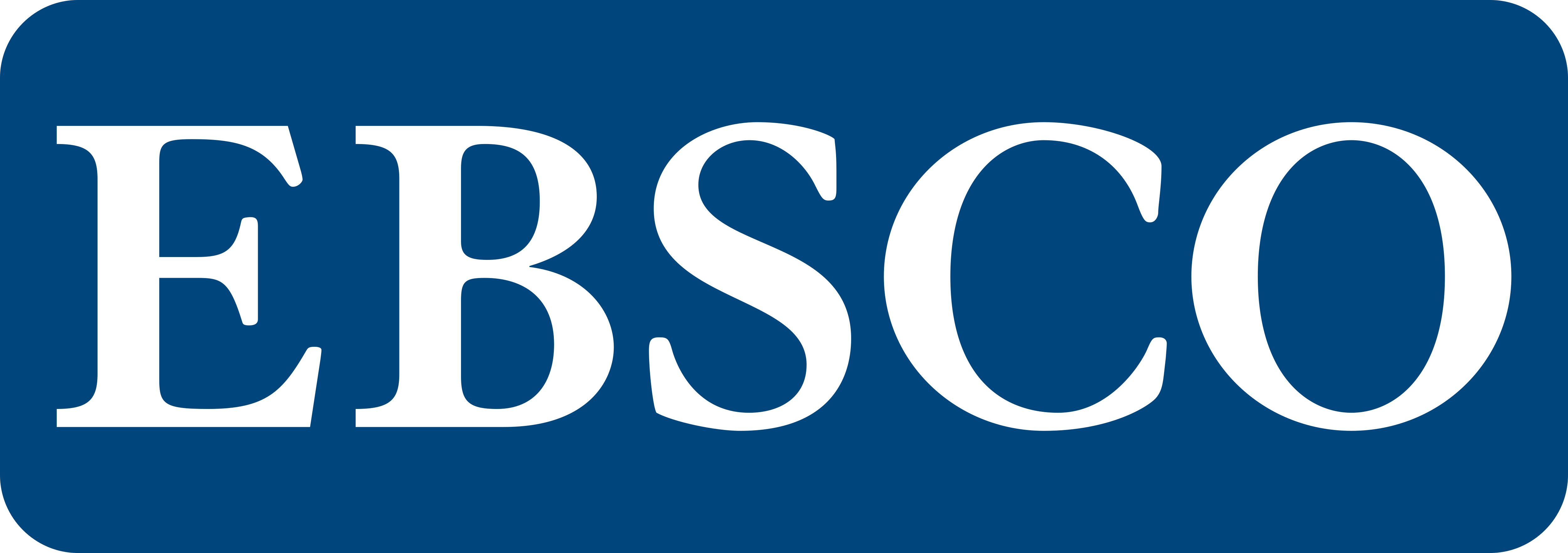Publication Ethics
The Indonesian Journal of Business, Accounting and Management (IJBAM) (Print ISSN: 2442-4099; Online ISSN: 2549-8711) is an open-access, peer-reviewed journal published by the Sekolah Tinggi Ilmu Ekonomi Indonesia Jakarta (STIE Indonesia Jakarta). The journal is committed to upholding the highest standards of publication ethics. This statement outlines the ethical behavior expected from all parties involved in the act of publishing: Authors, Editors, Peer Reviewers, and the Publisher. The policy is based on the core practices and guidelines defined by the Committee on Publication Ethics (COPE).
- Authors must ensure that the submitted manuscript is their original work.
- The manuscript should not be submitted to more than one journal concurrently.
- All sources and influences used in the work must be appropriately cited.
- Authors may be asked to provide raw data for editorial review and must be prepared to provide public access where feasible.
- Proper acknowledgment of the work of others must always be given.
- Authorship should be limited to those who made significant contributions.
- The corresponding author ensures all co-authors have approved the final version.
- All authors must disclose any financial or other substantive conflicts of interest.
- Authors must promptly notify the journal of significant errors in their published work.
Editors evaluate manuscripts solely on intellectual merit without discrimination.
Editors must not disclose information about submitted manuscripts to unauthorized parties.
Editors will recuse themselves from manuscripts with conflicts of interest.
Editorial board decides which articles should be published based on journal policies.
Editors take responsive measures when ethical concerns are raised.
Peer review assists editors in making decisions and improving papers.
Reviewers must treat manuscripts as confidential and review promptly.
Reviews should be objective and identify relevant uncited work.
Reviewers must keep information confidential and avoid conflicts of interest.
Sekolah Tinggi Ilmu Ekonomi Indonesia Jakarta (STIE Indonesia Jakarta) as the publisher of Indonesian Journal of Business, Accounting and Management (IJBAM):
- Works closely with the editorial team to ensure best practices in ethical publishing
- Provides technological, administrative, and financial infrastructure
- Ensures commercial revenue has no impact on editorial decisions
- Prepares to publish corrections, clarifications, retractions when needed
- Protects intellectual property and copyright under Creative Commons Attribution License (CC BY)
Allegations of unethical behavior should be reported to the Editor-in-Chief with evidence.
Editor-in-Chief consults with editorial board to investigate all reported cases.
Supported allegations may result in notices, retractions, or submission embargoes.
This statement is adapted from the Committee on Publication Ethics (COPE) and will be reviewed periodically.
Last Updated: October 26, 2023










